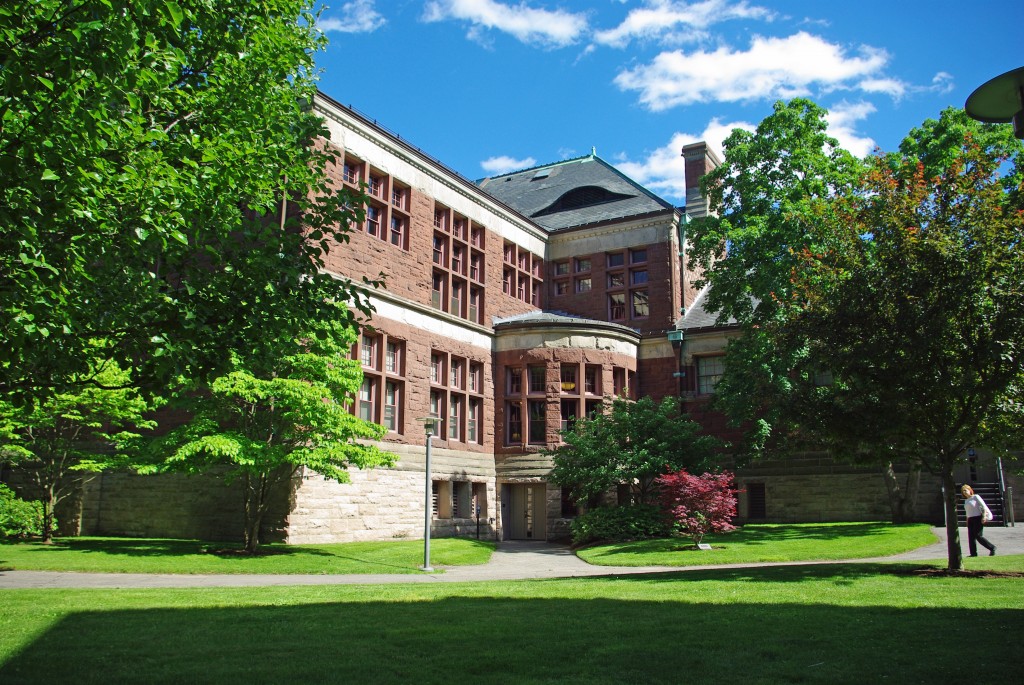
Growing opposition to accommodation of religion
In early April, Harvard Law School hosted a major conference, “Religious Accommodation in the Age of Civil Rights.” Co-sponsors were the ACLU, the William Institute at UCLA (LGBT research), and the Program on Religious Accommodation at the University of Southern California. This is an important topic, being currently cast as religious freedom versus LGBT civil rights and leading to huge controversies such as the storm of protest and the threats of business retaliation that led Arizona Governor Brewer to veto an effort to clarify that state’s Religious Freedom Restoration Act.
Just how does religious freedom, the first freedom in our Bill of Rights and an internationally acknowledged human right, relate to the right of LGBT persons to be free of invidious discrimination? When religious exercise is accommodated, e.g., if the US Supreme Court rules that Hobby Lobby has the right to exclude the four contraceptive services its owners regard as abortifacients from its employee health plan, does that mean that religion has trumped the reproductive and equality rights of women, or that the law is rightly protecting a vital right of religion and conscience?
These are hard and complicated questions that will only become more numerous and insistent as the US becomes more religiously and morally diverse and as government seeks to regulate more and more areas of private activity. The Harvard conference and the USC program that was a co-sponsor are apparently just early examples of what will be a well-funded network of centers and programs at prestigious law schools to deal with these issues.
Alas, if these centers and programs follow in the footsteps of the Harvard conference, then these efforts will be tilted to advocacy rather than fair and serious legal research and discussion. As several of the participants who are dedicated to protecting religious freedom reported about the Harvard conference, it often had the flavor of a team meeting. The majority, convinced that they are on the right side of history and justice, see little rationality in the views and arguments of their opposites. So they are inclined to regard their strong skepticism against religious accommodation as not partisan but simply right. That attitude inclines scholars to pit civil rights against religious freedom. And yet religious freedom is not the opposite of civil rights but a fundamental right itself.
Videos from the conference are now available.
